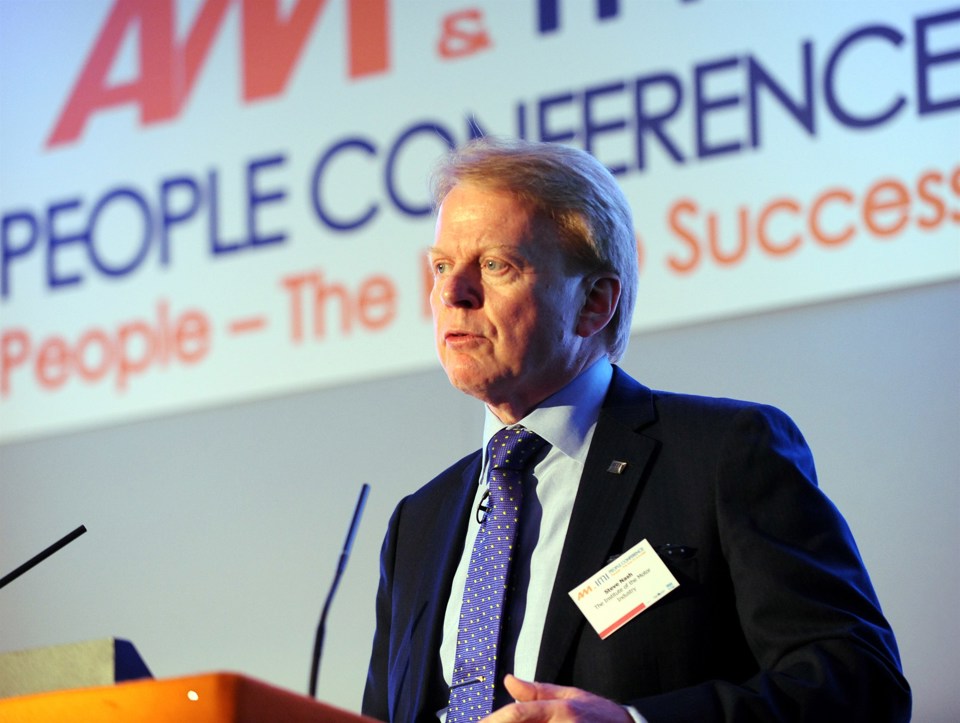The IMI has welcomed calls from Daniel Zeichner MP for licensing of motor industry professionals working on electric vehicles.
The body has already called on Ministers to help with a £30 million investment in training from its £600 million fund created to promote emission free vehicles and Steve Nash, chief executive of the IMI, said that he was “hugely encouraged” by the suggestion made by the Cambridge MP in the House of Commons debate.
Insurers charge up to 50% more to cover electric and hybrid cars because of the higher purchase price and the current lack of skilled technicians available to repair them, the IMI said.
As things stand only 1% of mechanics in the UK have the necessary qualifications to carry out work on the high-voltage systems of ULEVs and they are almost exclusively employed within franchised dealers.
“We have been working hard to convince government and the opposition of the merits of a license for those working on electric vehicles, both to ensure the safety of drivers and those working on these vehicles and to help reduce insurance premiums” said Nash.
“We are therefore hugely encouraged that Cambridge MP, Daniel Zeichner, has called for this in a debate today in the House of Commons.
“Whilst yesterday’s announcement of a June election by Prime Minster, Theresa May, will see some parliamentary business put on hold, we believe it’s important that this crucial issue of licensing – which could play a key role in encouraging EV take-up – is not diverted.”
Research released by IMI earlier this year showed that while 40% of the public have grave concerns about air pollution and see Ultra Low Emission Vehicles (ULEV) as a solution, they are unwilling or unable to pay the increased insurance premiums currently levied on these cars.
The public are similarly concerned with the lack of charging points available to service electric and hybrid cars, according to the IMI research.
But, while the government is supporting the development of the charging infrastructure with a £600m fund to promote clean cars, it continues to resist any intervention in the market to deal with the serious skills gap.















Login to comment
Comments
No comments have been made yet.